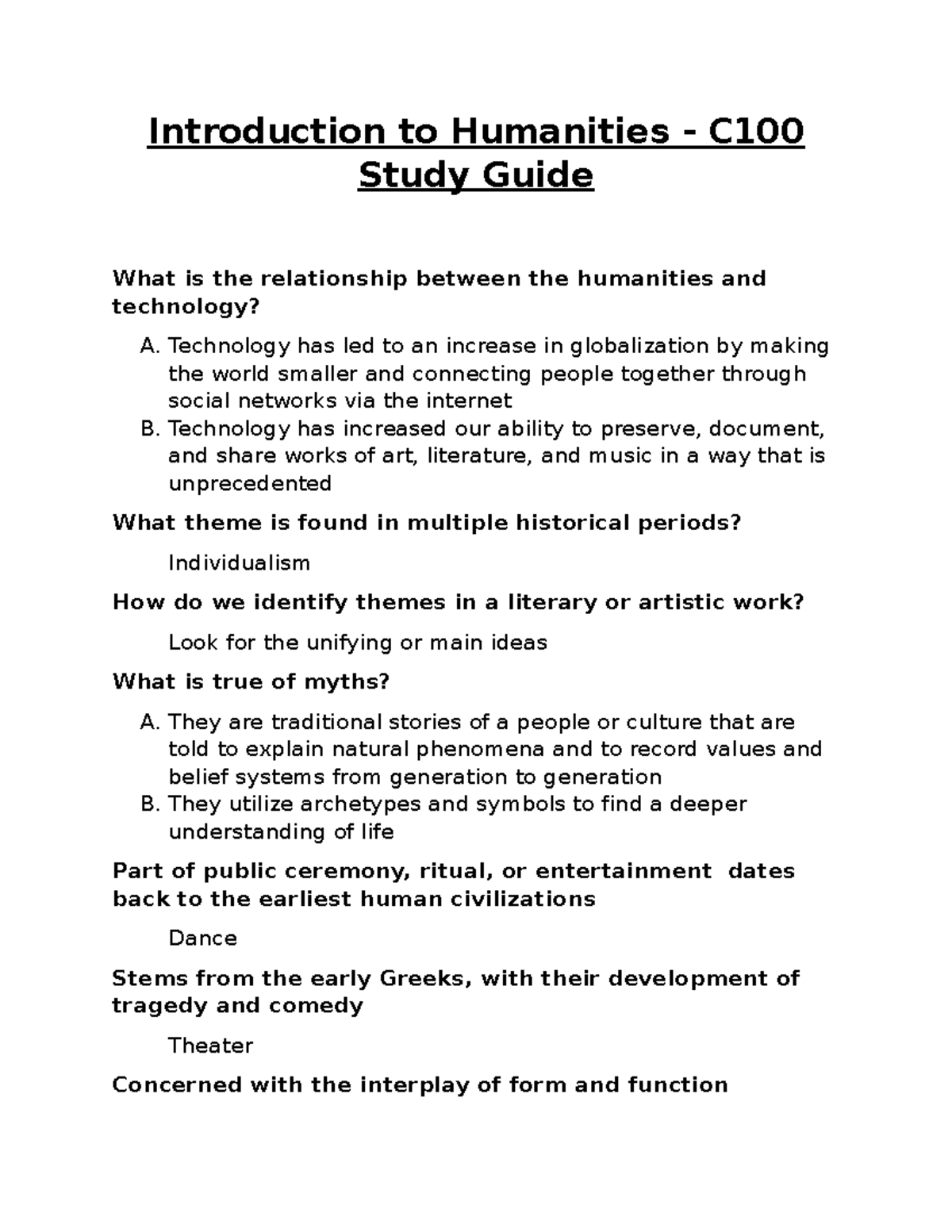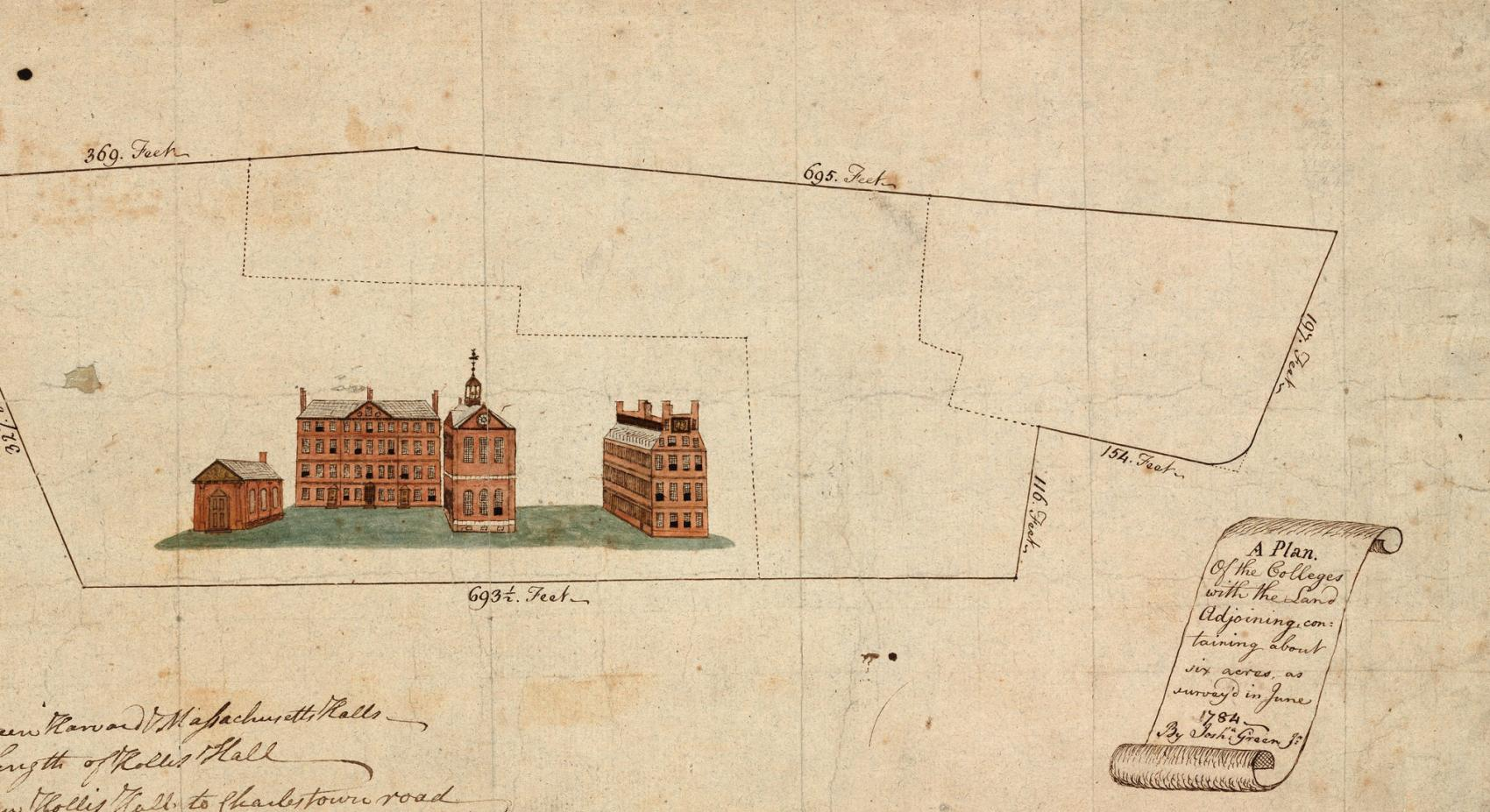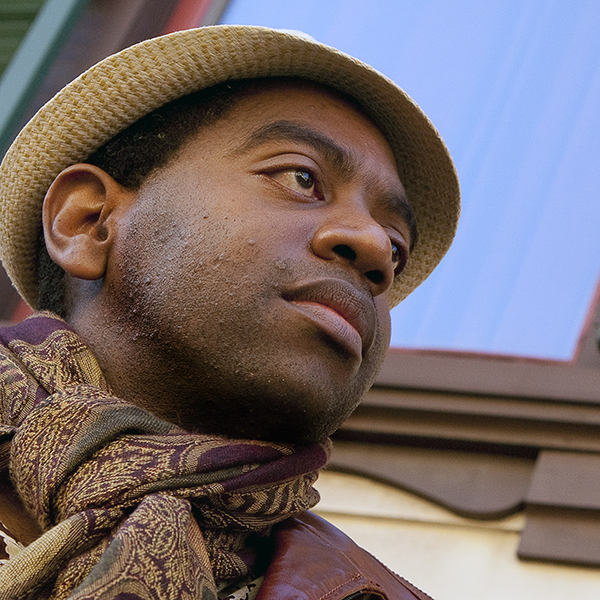
Introductory Humanities Courses Engage First-Year Students
Introductory Humanities Courses are set to transform the academic journey of first-year students by engaging them with the rich complexities of the Arts and Humanities. Under the visionary leadership of Dean Sean Kelly, Harvard has launched an ambitious initiative aimed at reversing the troubling trend of declining enrollment in these fields. By introducing nine fresh and compelling courses, the program seeks to inspire young minds to appreciate the intrinsic value of literature, philosophy, and the arts. As educators discover new ways to connect with students, the emphasis is not just on traditional curricula, but rather on a dynamic exploration of human experience that resonates with future leaders. This initiative represents a significant step forward in fostering a deeper engagement among students, ensuring the arts remain a vibrant part of their scholarly pursuits.
Beginning a journey in the fields of Arts and Humanities through Introductory Courses marks a crucial step for new students entering university life. These foundational classes aim to captivate students’ interests and foster a genuine appreciation for various forms of artistic expression, literature, and philosophical inquiry. As institutions like Harvard adapt their educational offerings to better align with student interests, they are prioritizing innovative approaches that resonate with the younger generation. Engaging first-year learners through captivating content not only enhances their academic experience but also nurtures a culture of inquiry and critical thinking essential for personal and professional growth. Ultimately, these courses are designed to pave the way for a more profound understanding of humanity, encouraging students to explore diverse perspectives as they develop their own intellectual identities.
Engaging First-Year Students through Innovative Humanities Courses
The recent initiative led by Dean Sean Kelly at Harvard aims to re-engage first-year students with the arts and humanities through the introduction of nine new courses. This program is a direct response to the alarming trend of declining interest in these disciplines, particularly at the beginning of students’ college careers. By focusing on innovative course designs, the department hopes to create an inviting atmosphere that stimulates curiosity and active participation. Engaging first-year students effectively is pivotal to reversing this trend, allowing them to explore their passions in the arts and humanities while developing critical analytical skills.
These newly launched courses involve diverse topics and methodologies, ensuring that first-year students are not merely passive recipients of information but active participants in their learning journey. For instance, courses like “Culture in Context” and “Migration and Border Crossing in Film and Photography” are tailored to address contemporary issues and themes that resonate with students today. By embedding relevant content in these courses, the program encourages students to find personal connections with the material, thereby fostering a deeper engagement with the humanities as a whole.
Revitalizing Introductory Humanities Courses at Harvard
The introduction of the Harvard Humanities enrollment initiative signals a transformative shift in how introductory courses are presented. Historically, the ‘Canon Wars’ shaped the curriculum in ways that sometimes alienated potential students. By allowing faculty to propose new course ideas, Dean Kelly is facilitating a refreshing re-evaluation of what constitutes the humanities. This initiative aims to highlight not only the classic texts but also contemporary works that can attract a broader range of students. The significance of this movement lies in its potential to rekindle interest among those who have previously viewed the humanities as inaccessible or irrelevant.
Courses designed with student engagement in mind can provide a counter-narrative to perceptions of the humanities as outdated. These courses will include topics like medical humanities and cultural analysis, which resonate with today’s socially aware students. By exposing students to the intrinsic value of studying human experiences through various lenses, these courses aim to cultivate a deeper appreciation for the arts and humanities that persists beyond graduation.
The Impact of New Humanities Courses on Student Enrollment
Historically, statistics have shown a concerning drop in the number of students pursuing majors in the humanities, as evidenced by the nearly half of first-years who shift from their original interests. However, the introduction of fresh, engaging introductory courses could play a crucial role in reversing this trend. By making the subject matter more accessible and relevant to today’s societal context, these new courses aim to maintain initial enthusiasm among first-year students, potentially preventing them from switching their majors later.
With the initiative providing courses that delve into various issues—such as immigration, identity, and technology—the humanities can be positioned as pertinent fields of study that engage with real-world scenarios. This relevancy could significantly influence student choices, encouraging them to view the humanities as a viable, rewarding path rather than a compromise amid more commercially popular fields.
Exploring Intrinsic Value in Humanities Education
Dean Sean Kelly emphasizes the importance of not merely looking at the instrumental value of humanities education, such as career prospects, but recognizing its intrinsic worth. The renewed focus on what it means to study great literature or timeless philosophical questions aims to instill a sense of profound understanding in students. Rather than just analyzing texts for literary devices or historical relevance, these courses will encourage students to question and reflect on the human condition itself—broadening their worldview and enhancing their empathetic capabilities.
In this initiative, the exploration of texts will extend beyond traditional analysis, inviting students to appreciate the beauty and complexity of human narratives. Through discussions centered on major works, including Shakespeare and other pivotal figures, students will be motivated to contemplate their personal and collective identities, allowing them to see the value in studying humanity in its various forms.
The Role of Faculty in Redesigning the Humanities Curriculum
The success of the newly introduced humanities courses depends significantly on the faculty’s commitment and creativity. Faculty members are not only tasked with teaching but also with reimagining how the humanities are presented to students. In this collaborative environment, professors can share their expertise while experimenting with interdisciplinary approaches that incorporate contemporary cultural events. This integration not only revitalizes the material but also signals to students that humanities education is an ever-evolving field.
Professors are encouraged to draw inspiration from successful models within the university, such as the Philosophy Department, which has seen a remarkable increase in enrollment by shifting focus to more relatable, fundamental questions about humanity. This approach demonstrates the potential of innovative teaching methodologies to transform student experiences and perceptions about what it means to engage with the humanities.
New Courses Highlight Cultural Relevance in Humanities
The newly designed courses promise to reflect a culturally relevant curriculum that connects with students’ lived experiences and contemporary societal issues. By addressing themes such as migration, technology, and the interplay between various cultures, these courses will facilitate discussions that are not only academic but also personally significant for students. Navigating through diverse narratives will empower students to appreciate the multifaceted nature of human experiences, grounding their learning in the complexities they face daily.
Courses like “The Human Sciences: Fundamentals and Basic Concepts” will serve as a gateway to understanding how different themes intersect and inform one another. Arranging the curriculum in a manner that highlights such connections enables students to engage with the materials meaningfully, thereby fostering a greater appreciation for how the humanities can influence their perspectives on pressing global issues.
Revamping Student Perspectives on the Arts and Humanities
One of the overarching goals of the recent initiative is to revamp how students perceive the arts and humanities. Traditionally associated with a narrow scope of study, the humanities will now encompass a broader range of topics that engagingly intertwine with student interests and contemporary discussions. This shift in focus can help dispel the notion that pursuing these fields lacks practicality or relevance in a rapidly changing societal landscape.
As first-year students are introduced to innovative courses that demonstrate the vitality of the humanities—showcasing their application in various professions and daily life—they may begin to recognize these fields’ intrinsic value. Engaging students from various academic backgrounds allows for a richer dialogue about the significance of human culture, encouraging a more inclusive view of the arts and humanities as vibrant sectors of study.
Creating a Welcoming Environment for Academic Exploration
The initiative to introduce new introductory courses underscores the importance of creating a welcoming academic environment. By offering diverse options that cater to various interests and backgrounds, institutions can foster a sense of belonging in the arts and humanities. This inclusivity not only encourages first-year students to engage more readily in these disciplines but also helps to counter the stigma around humanities education as being elitist or less rigorous compared to other fields.
This welcoming environment is crucial for empowering students to explore their academic curiosities freely. By presenting the humanities as accessible and integral components of a well-rounded education, students can feel more confident in their choice to delve into these fields. Consequently, this initiative supports a culture where arts and humanities are appreciated as valuable engagement opportunities and gateways to understanding broader human experiences.
The Future of Humanities Education: A Transformation Journey
The transformation of the humanities education landscape is not just about introducing new courses; it signifies a profound shift in how educational institutions value and approach these subjects. As universities like Harvard adapt to the changing needs of students, the incorporation of modern, relevant courses is critical to the discipline’s survival. Innovating within the curriculum allows for a dynamic engagement with ideas and themes that reflect both current societal challenges and timeless human questions.
As prospective students consider their academic journeys, the visibility of a vibrant humanities curriculum can play a crucial role in their decision-making process. This initiative aims to rejuvenate interest and excitement around the humanities, ultimately contributing to a future where these disciplines thrive. In harnessing the transformative power of the arts and humanities, educational institutions can equip students with the necessary tools to navigate the complexities of the world they inhabit.
Frequently Asked Questions
What new Introductory Humanities Courses are available for first-year students at Harvard?
Starting in the fall of 2025, Harvard introduces nine new introductory humanities courses focusing on engaging first-year students. Courses will range from ‘Introduction to the Medical and Health Humanities’ to ‘Migration and Border Crossing in Film and Photography’ and aim to foster a deeper appreciation for arts and humanities among new students.
How do Introductory Humanities Courses at Harvard engage first-year students?
Harvard’s Introductory Humanities Courses are designed to address the decline in student interest by offering relatable and impactful content. These courses encourage first-year students to explore fundamental questions regarding humanity and culture, reinforcing the intrinsic value of arts and humanities education.
Who is responsible for the new Introductory Humanities Courses initiative at Harvard?
The initiative to revamp Introduction to Humanities Courses at Harvard is led by Dean Sean Kelly. His goal is to counter declining enrollment in arts and humanities and to create courses that resonate with students’ interests and promote meaningful engagement with these fields.
Why is there a need for new Introductory Humanities Courses at Harvard?
There is a pressing need for new Introductory Humanities Courses due to a growing trend of declining enrollment in these fields. Data suggests that while some students initially express interest, many change their minds before declaring a concentration. The new courses aim to address this disconnect and re-engage students in the humanities.
What topics will the new Introductory Humanities Courses cover?
The new Introductory Humanities Courses will cover a range of topics including medical and health humanities, migration in film, literature, and even the relationship between technology and humanity. By exploring these diverse themes, the courses aim to provide students with a comprehensive understanding of the humanities.
How do the new Introductory Humanities Courses differ from traditional ones?
The new Introductory Humanities Courses incorporate innovative approaches to engage students more deeply than traditional offerings. They focus on contemporary issues and invite students to tackle fundamental philosophical questions, moving beyond mere content delivery to enhance critical thinking and connectivity to real-world contexts.
Who will be teaching the newly launched Introductory Humanities Courses?
Several esteemed faculty members will teach the new Introductory Humanities Courses, including Karen Thornber, Richard F. Thomas, and Moira Weigel, among others. Their expertise and diverse backgrounds aim to provide students with unique insights into various aspects of the arts and humanities.
What long-term vision does Dean Sean Kelly have for Introductory Humanities Courses?
Dean Sean Kelly envisions that the new Introductory Humanities Courses will not only increase enrollment but also enrich the overall academic experience. He aims to highlight the intrinsic worth of the humanities, fostering a greater appreciation for reading literature, engaging with philosophy, and understanding art among first-year students.
| Key Points | Details |
|---|---|
| New Introductory Courses | Nine newly launched courses in Fall 2025 designed to engage first-year students in arts and humanities. |
| Faculty Involvement | Professors from various disciplines, including philosophy and literature, will teach these courses. |
| Declining Enrollment | Only 12% of first-year students currently intend to major in arts and humanities. |
| Engagement Strategy | Courses are designed to meet students where they are and highlight the intrinsic value of humanities. |
| Noteworthy Courses | Includes ‘Introduction to the Medical and Health Humanities’ and ‘Humanity, Technology, and Creation’. |
| Interdisciplinary Approach | Courses combine elements from various fields to engage students more deeply. |
| Future Outcomes | Goal of creating transformative experiences that foster a deep appreciation for the humanities. |
Summary
Introductory Humanities Courses are now being revitalized with the introduction of nine new offerings designed to engage first-year students at Harvard. This initiative, spearheaded by Dean Sean Kelly, presents a unique opportunity for students to explore the intrinsic value of the humanities through innovative course content tailored to their experiences. As the academic landscape shifts, these courses not only aim to address declining enrollment but also cultivate a rich understanding of art, culture, and philosophy that resonates throughout their lives. By emphasizing a more profound connection to the human experience, these courses reaffirm the importance of the humanities in shaping thoughtful, engaged individuals.


